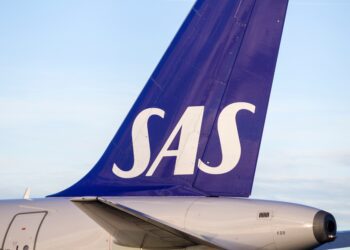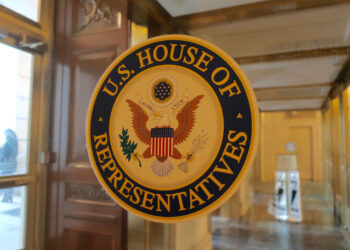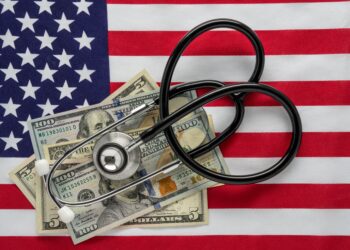Personal and business travel is picking back up in key markets.
Arne Sorenson, CEO of parent company Marriott, said personal and business travel is picking back up in key markets. U.S. downloads of the top online travel agency apps (including Airbnb, Expedia, and Hopper) got back to pre-pandemic levels on May 28th after increasing for 10 straight days, according to Apptopia, and app usage for top international hotels in China has also rebounded. These are all good signs for personal and business travel, which have been strongly impacted by the novel coronavirus. Mr. Sorenson told a travel conference: “It’s not just leisure travel growing, but it is business travel. Chinese are flying again.”
However, he warned that occupancy might not recover to pre-coronavirus levels for several years.
According to BBC, Marriott said demand for hotel rooms in the US is also recovering but is currently only about half the level of its China properties at 20%. The hotel group, which owns about 30 brands including Ritz-Carlton, St Regis and Sheraton, has extended furloughs for employees and reduced working weeks until early October.
“Given the company’s expectation that prior levels of business will not return until beyond 2021, the company (Marriott) anticipates a significant number of above-property position eliminations later this year,” it said in a statement.
Marriott said the pandemic has had a greater impact on its business “than 9/11 and the 2008 financial crisis, combined,” and Sorenson doesn’t expect a return to 2019’s global occupancy rate of 71% for a few years. The hotel and travel industry in China were among the first to be hit from the coronavirus outbreak, and look to be the slowest to recover as businesses and factories reopen across the country.
Just inside the United States, a report from the U.S. Travel Association and Oxford Economics predicts a $519 billion decline in travel spending in the US this year will translate into a total economic loss of $1.2 trillion in economic output. Even though the spending declines are set to gradually recover over the course of the year as restrictions are loosened, losses are still expected to continue throughout 2020.












